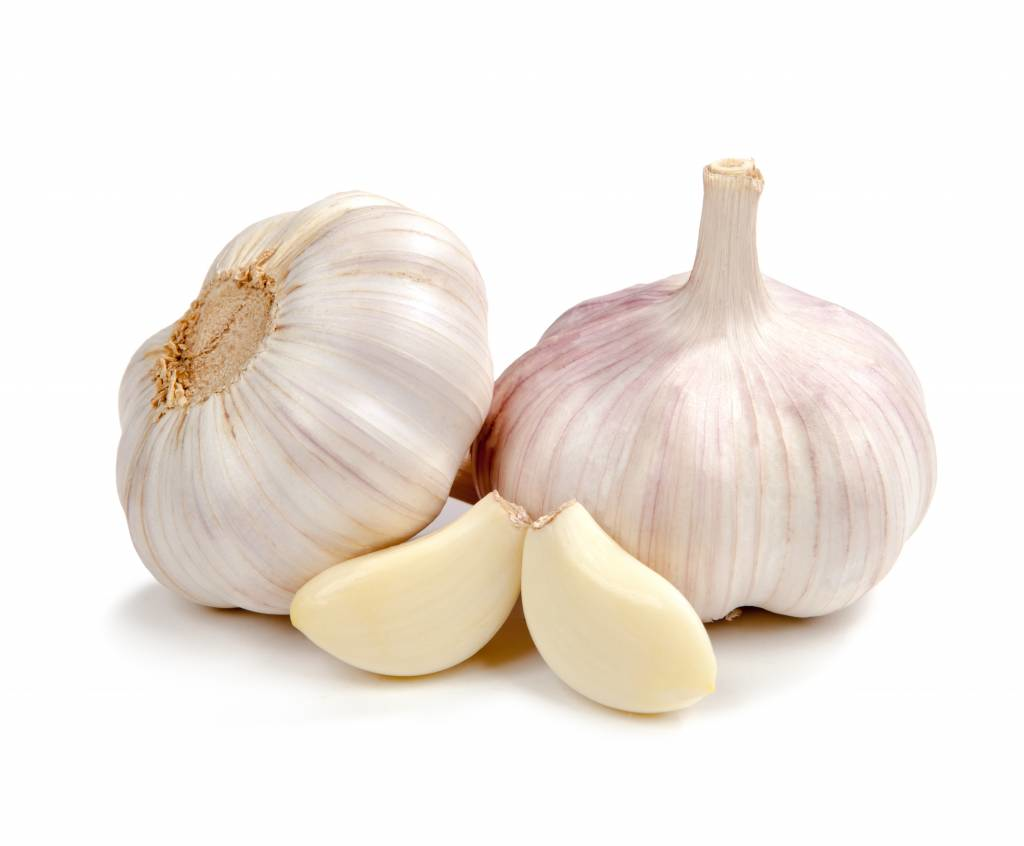Introduction
Dealing with vaginal discomfort can be frustrating, embarrassing, and uncomfortable. Whether it’s itching, burning, or unusual discharge, these symptoms can disrupt your daily life. While there are various medical treatments available, many people prefer natural remedies for their gentle approach and minimal side effects. In this blog post, we’ll explore eight natural remedies that can help alleviate vaginal discomfort and promote overall vaginal health. These remedies are not only effective but also easy to find, making them a great first line of defense against common issues like yeast infections, bacterial imbalances, and irritation.
What is Vaginal Discomfort?
Vaginal discomfort refers to any irritation, pain, or abnormal sensations in the vaginal area. Common symptoms include itching, burning, swelling, and abnormal discharge. While it can be caused by a variety of factors, it’s important to recognize when these symptoms persist and may require professional medical attention. If the discomfort lasts more than a few days or is accompanied by symptoms like fever or bleeding, consulting a healthcare provider is crucial.

Common Causes of Vaginal Discomfort
Understanding the underlying cause of vaginal discomfort is key to finding the right remedy. Some of the most common causes include:
- Infections: Yeast infections and bacterial vaginosis are frequent culprits. They occur due to an imbalance in the vaginal flora.
- Hormonal Changes: Menopause, pregnancy, and even the menstrual cycle can cause changes in vaginal moisture and pH, leading to discomfort.
- Irritants: Harsh soaps, detergents, and even some lubricants can irritate the sensitive vaginal tissue.
- Other Health Conditions: Certain skin conditions or sexually transmitted infections (STIs) may cause similar symptoms.
Why Choose Natural Remedies?
Natural remedies offer a gentle, holistic approach to treating vaginal discomfort without the harsh chemicals often found in conventional treatments. Here’s why you might consider going natural:
- Fewer Side Effects: Natural treatments are generally safer and have fewer side effects than prescription medications.
- Holistic Healing: Natural remedies often support overall body health, promoting a balance that helps prevent recurrence.
- Cost-Effective: Many natural treatments are inexpensive and easily available at health food stores or online.
1. Tea Tree Oil

Tea tree oil is renowned for its antifungal and antibacterial properties, making it a popular choice for treating vaginal infections like yeast infections. It can help soothe itching and reduce inflammation.
- How to Use: Dilute a few drops of tea tree oil with a carrier oil, such as coconut oil, and apply it externally around the vaginal area. Avoid applying tea tree oil directly to the vagina without proper dilution.
- Precautions: Some people may be sensitive to tea tree oil, so it’s wise to perform a patch test before using it.
2. Apple Cider Vinegar

Apple cider vinegar has been used for centuries as a natural remedy for various ailments, including vaginal discomfort. Its acidic nature helps restore the vaginal pH balance and can fight off harmful bacteria.
- Instructions: Mix one to two tablespoons of apple cider vinegar with a cup of warm water and use it as a rinse. Alternatively, add a cup of it to a warm bath and soak for 15-20 minutes.
- Potential Side Effects: Avoid using undiluted apple cider vinegar, as it can irritate sensitive skin.
3. Yogurt and Probiotics

Probiotics are beneficial bacteria that help maintain a healthy vaginal flora. Consuming yogurt with live cultures or taking probiotic supplements can restore the natural balance of good bacteria.
- Topical Use: Applying plain yogurt directly to the affected area can soothe itching and inflammation. Make sure the yogurt contains live active cultures and no added sugar.
- Recommended Strains: Look for probiotics containing Lactobacillus strains, which are particularly beneficial for vaginal health.
4. Coconut Oil

Coconut oil is a natural moisturizer and antifungal agent. It can help relieve itching and burning caused by dryness or fungal infections.
- How to Apply: Use organic, unrefined coconut oil and apply it directly to the external vaginal area for relief. You can also apply it internally using a clean finger or cotton swab.
- Precautions: While coconut oil is generally safe, those with a coconut allergy should avoid it.
5. Boric Acid Suppositories
Boric acid is a natural compound with antifungal and antiviral properties. It’s especially effective in treating recurrent yeast infections that don’t respond to standard treatments.
- Usage: Insert a boric acid suppository into the vagina once a day for a week. Always follow the dosage instructions on the product.
- Safety Considerations: Boric acid is not safe for ingestion or use during pregnancy.
6. Calendula
Calendula, or pot marigold, is known for its healing and anti-inflammatory properties. It can be used to soothe irritated vaginal tissues.
- How to Use: You can find calendula in creams, ointments, or as a dried herb to make a tea for rinsing the area.
- Who Should Avoid It?: Those with allergies to plants in the daisy family should steer clear of calendula.
7. Aloe Vera
Aloe vera is famed for its soothing effects on irritated skin. It can also help with vaginal dryness and inflammation.
- Application: Use pure aloe vera gel and apply it externally to the affected area. For internal dryness, you can use an applicator to insert a small amount of gel.
- Fresh vs. Store-Bought: Fresh aloe vera gel from the plant is preferable, but store-bought gel without added ingredients can also be effective.
8. Garlic

Garlic is a potent antifungal and antimicrobial agent. It can be used to treat minor infections and balance the vaginal flora.
- Methods for Use: While some people recommend inserting a peeled garlic clove into the vagina, eating garlic supplements or using garlic-infused oils topically is safer.
- Risks: Inserting raw garlic can sometimes cause irritation, so proceed with caution.
Lifestyle Changes for Preventing Vaginal Discomfort
In addition to using natural remedies, adopting certain lifestyle changes can help prevent future episodes of discomfort:
- Wear Breathable Clothing: Choose cotton underwear and loose-fitting clothes to reduce moisture buildup.
- Maintain Proper Hygiene: Avoid douching and use mild, unscented soaps.
- Avoid Irritants: Stay away from scented feminine hygiene products, harsh detergents, and irritating lubricants.
When to See a Doctor
Sometimes, natural remedies aren’t enough. It’s important to consult a healthcare professional if:
- The discomfort persists for more than a week.
- You experience severe pain, fever, or unusual bleeding.
- You have recurrent infections that don’t improve with treatment.
Conclusion
Vaginal discomfort can be uncomfortable and disruptive, but it doesn’t always require harsh medications. Natural remedies like tea tree oil, apple cider vinegar, yogurt, and others offer gentle yet effective relief. Remember, while these remedies can help alleviate symptoms, it’s important to see a doctor for a proper diagnosis if symptoms persist. With a combination of natural treatments and healthy lifestyle practices, you can maintain optimal vaginal health.
FAQs
1. Can I use these remedies if I’m pregnant? It’s best to consult with your healthcare provider before using any remedies during pregnancy, as some, like boric acid, may not be safe.
2. How long does it take to see results from natural remedies? Results can vary, but some people notice relief within a few days. Persistent issues may require a combination of treatments or professional advice.
3. Are there any side effects associated with these remedies? While natural remedies are generally safer, some individuals may experience irritation or allergic reactions. Always perform a patch test before using any new remedy.
4. Can natural remedies replace medication? Natural remedies can complement medical treatment, but they may not be sufficient for severe infections or conditions. Consult a healthcare professional for proper advice.
5. Are these remedies safe for everyone? Most are safe for general use, but those with allergies or specific health conditions should proceed with caution. Always do a patch test and consult your doctor if in doubt.






